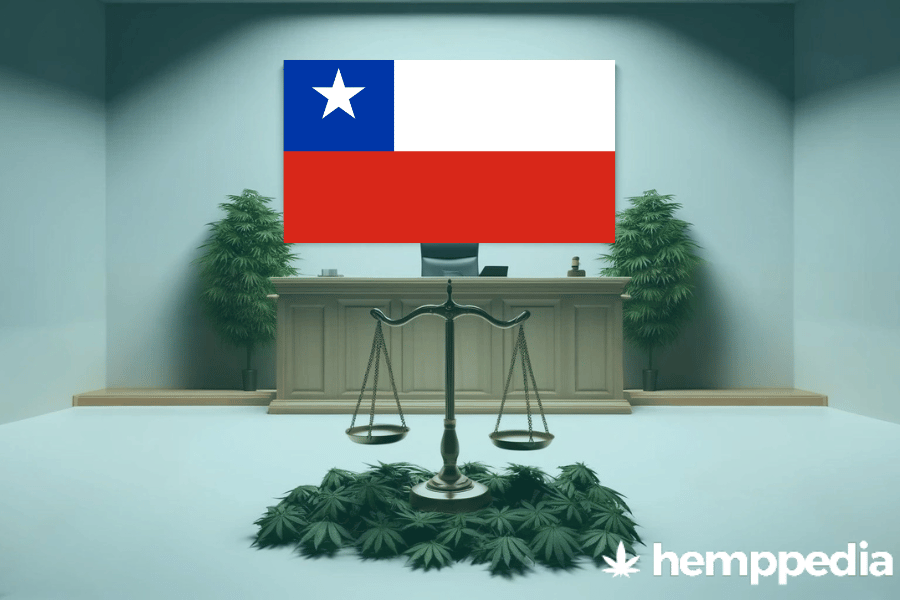Is Cannabis Legal in Chile?
TL;DR As it stands, the cannabis laws in Chile are quite lenient in comparison to other nations. The use of cannabis is decriminalized, both for recreational and medical aims. The cultivation of cannabis is also allowed for personal use, but commercial cultivation and sale remain prohibited.
| Recreational Use | Medical Use | |
|---|---|---|
| THC | Decriminalized | Decriminalized |
| CBD | Decriminalized | Decriminalized |
Introduction
As the global legislation surrounding the use of cannabis continues to shift and evolve, understanding the specific legal status of this substance within different nations, such as Chile, becomes increasingly important. The global trend appears to lean towards greater acceptance and decriminalization of cannabis use, but the specifics vary widely from one nation to another.
Overview of Cannabis Legislation
Across the globe, legislation surrounding cannabis use varies dramatically. Most nations fall into one of several categories: legalization, decriminalization, medical use, or recreational use. It is also worth noting that within these categories, the specifics can differ vastly, establishing a complex legal landscape that is continually changing.
Chile-specific Legal Details
Legal Status – As of today, the use of cannabis in Chile is decriminalized. This applies to both recreational and medical uses, although commercial cultivation and sale remain illegal. For more detailed information please refer to www.leychile.cl
Historical Context
Chile, like many Latin American countries, has undergone a significant shift in its stance towards cannabis. This shift towards decriminalization occurred as part of a broader global trend towards a more lenient view of cannabis use, with an emphasis placed on the potential medical benefits of the plant.
Possession and Use
In Chile, individuals are allowed to possess cannabis, but there are limits in place. In private residences, individuals can grow up to 6 cannabis plants. Public consumption, however, remains illegal.
Cultivation and Distribution
In Chile, the cultivation of cannabis is allowed for personal use. This involves up to six plants per household. However, the law is much stricter when it comes to the distribution and sale of cannabis, which remain illegal.
Medical Cannabis
Under Chilean law, cannabis can be prescribed for medical purposes. There is no predefined list of qualifying conditions, leaving doctors with wide discretion. Despite the prescription requirement, Chile does not have a formal registry of medical cannabis patients.
Social and Economic Impact
The decriminalization of cannabis in Chile has been met with positive social and economic impacts. Decriminalization has been associated with lower violence rates and drug-related deaths.
Comparative Analysis
The legal status of cannabis in Chile is similar to that in a number of other Latin American countries, although it does stand out in terms of its leniency. Looking at regional trends, the majority of countries in this area have already decriminalized cannabis or are actively looking to do so.
Future Outlook and Ongoing Debates
There is an ongoing debate in Chile about full marijuana legalization. Many advocates believe that full legalization could bring added benefits, such as increased tax revenue and further reductions in drug-related violence.
Conclusion
Chile is at the forefront of the cannabis decriminalization movement in Latin America, having established lenient laws regarding recreational and medical use. However, commercial cultivation and sale remain illegal, sparking debates over full legalization. As it stands, Chile serves as an interesting case study in the global shift towards more lenient cannabis legislation.





